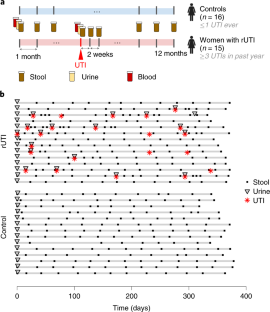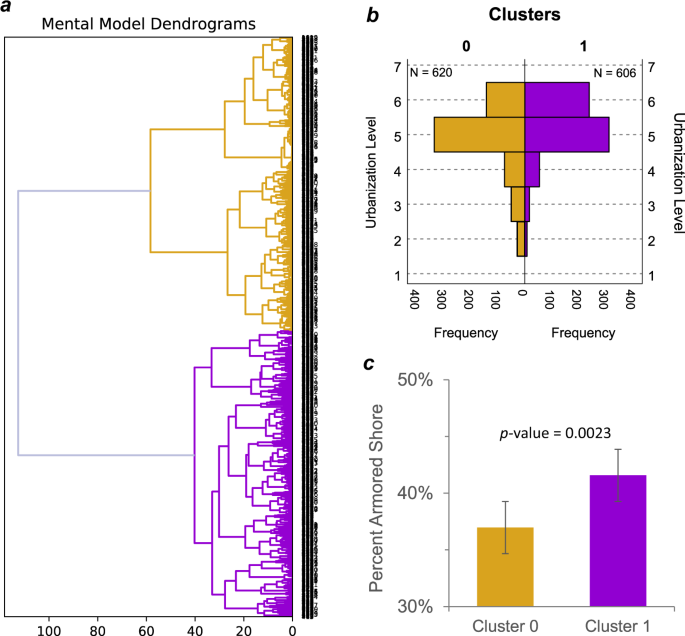2022-05-04 スウォンジー大学
スウォンジー大学の研究では、後天性脳損傷の後遺症を持つ成人のグループが、ガワー海岸で行われたグループベースのサーフィン・セラピーによって、どのような恩恵を受けたかが調査されました。
主席研究員の最終学年の博士課程学生ケイティ・ギブス(Katie Gibbs)は、次のように述べています。「自然は長い間、ウェルビーイングを促進する能力を持っていることを実証してきました。自然環境に関わる介入は、臨床集団におけるウェルビーイングの側面を支援するためにますます多く利用されるようになっています。
<関連情報>
- https://www.swansea.ac.uk/press-office/news-events/news/2022/05/new-research-shows-how-surfing-may-boost-wellbeing-of-brain-injury-survivors.php
- https://journals.plos.org/plosone/article?id=10.1371/journal.pone.0266388
ウェルビーイングへの波乗り。後天性脳損傷者のためのサーフィンセラピーの質的評価 Riding the wave into wellbeing: A qualitative evaluation of surf therapy for individuals living with acquired brain injury
Katie Gibbs,Lowri Wilkie,Jack Jarman,Abigail Barker-Smith,Andrew H. Kemp ,Zoe Fisher
PLOS ONE Published: April 7, 2022
DOI:https://doi.org/10.1371/journal.pone.0266388
Abstract
Nature has long demonstrated the capacity to facilitate wellbeing. Interventions involving the natural environment such as surf therapy, are increasingly being used to facilitate aspects of wellbeing in clinical populations. However, explorations of how nature-based interventions such as surf therapy may be used to promote wellbeing in the context of neurorehabilitation are missing from the peer-reviewed literature. Here we characterize the experience of a five-week surfing intervention involving fifteen adults living with the psycho-social and cognitive sequelae of acquired brain injury. Insights were analysed using reflexive thematic analysis, which highlighted the importance of seven overarching themes, including: 1) Connection to Nature, 2) Facilitating Trust and Safety, 3) Managing and Accepting Difficult Emotions, 4) Facilitating Positive Emotion, Meaning and Purpose, 5) Building Community through Social Connection, and 6) Positive Change. Barriers and opportunities (theme 7) were also identified as components on which clinical services may be improved. We present a theoretical model for the benefits of surf therapy in people living with acquired brain injury (ABI) based on these themes and reflections on findings from the wider literature. Findings emphasise the importance of leveraging community partnerships to augment the holistic model of neurorehabilitation and potential implications for service redesign are discussed, focusing on recent developments in wellbeing science.


